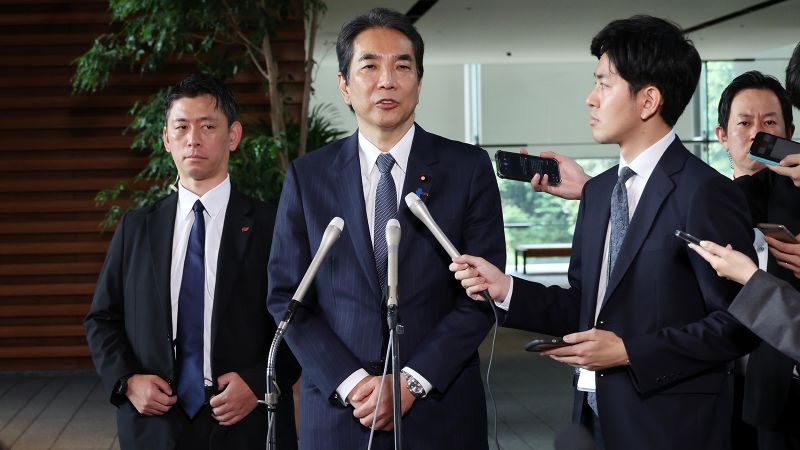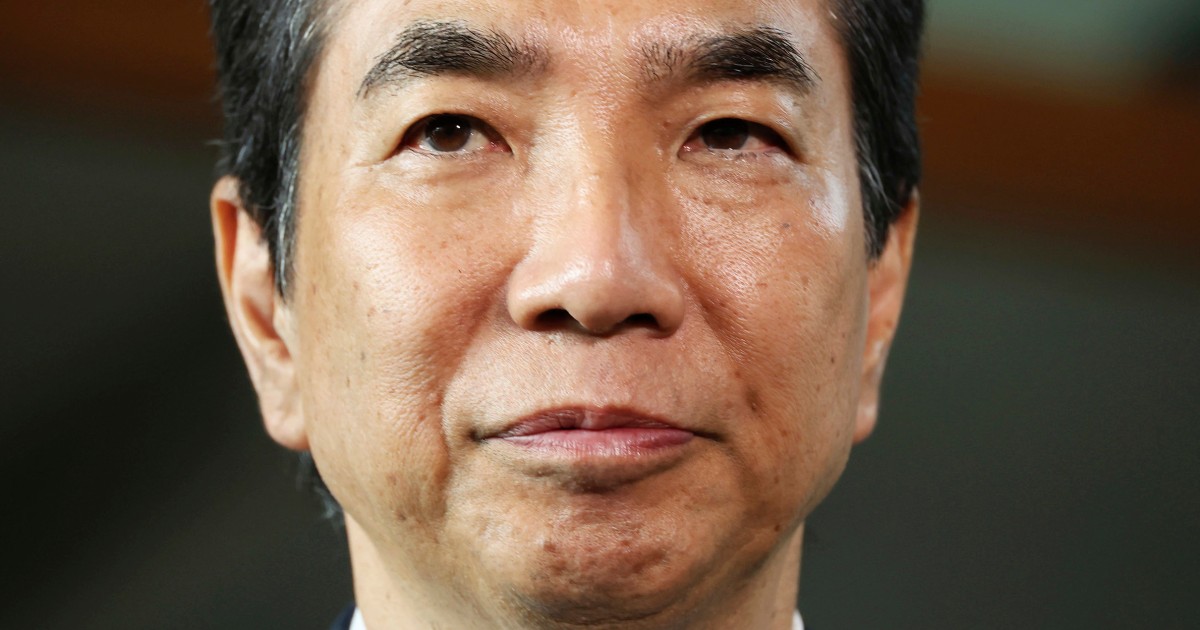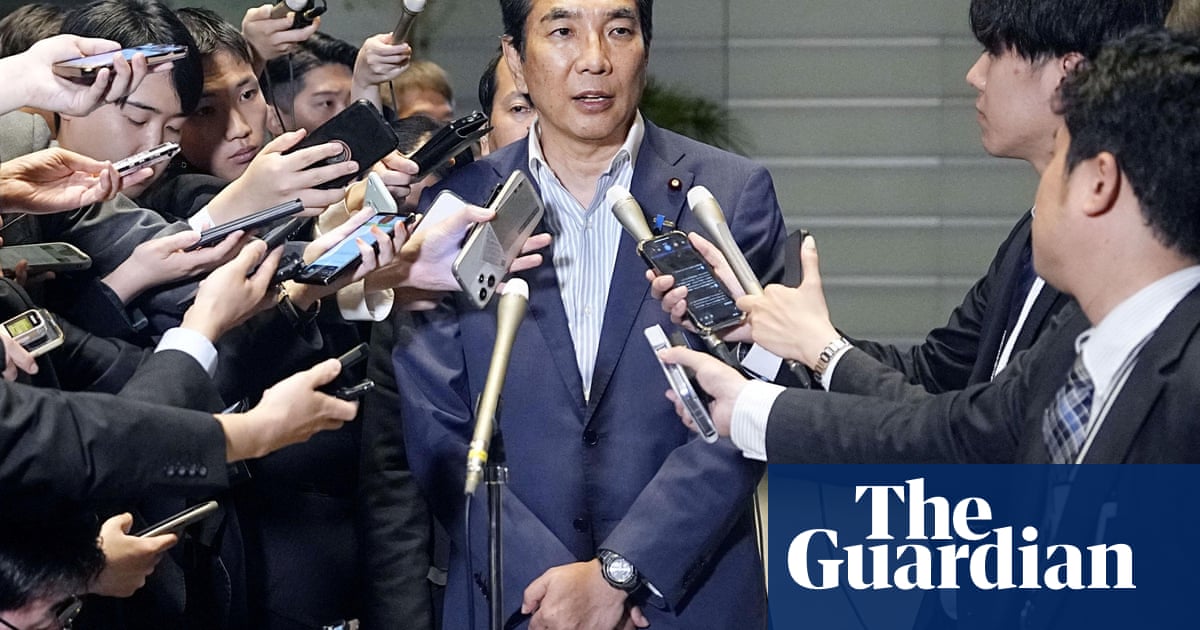Japan's Agriculture Minister Resigns Amid Rice Price Crisis
Taku Eto resigns after controversial comments as Japan deals with soaring rice prices and dissatisfaction ahead of elections.
Subscribe to unlock this story
We really don't like cutting you off, but you've reached your monthly limit. At just $5/month, subscriptions are how we keep this project going. Start your free 7-day trial today!
Get StartedHave an account? Sign in
Overview
Taku Eto has resigned as Japan's agriculture minister following backlash over his remarks about receiving rice as gifts amid record high prices for the staple food. His comments were made during a seminar, viewed as out of touch, as Japan faces soaring rice prices due to poor harvests and increased costs. Prime Minister Shigeru Ishiba's government is under pressure ahead of a July election, with calls for reforms to stabilize supply and prices. Eto's successor is expected to be Shinjiro Koizumi, who has vowed to prioritize addressing consumer concerns regarding rice affordability.
Report issue

Read both sides in 5 minutes each day
Analysis
- The resignation of Japan's Agriculture Minister Taku Eto highlights the disconnect between government officials and the public as rice prices soar; his comments about receiving rice as gifts were deemed insensitive given the current economic climate.
- The Japanese government is facing criticism regarding its handling of the rice crisis, with a significant portion of the public dissatisfied with Prime Minister Ishiba's management before upcoming elections.
- Efforts to combat the rice price surge have included the release of emergency stockpiles, but this strategy has not effectively improved the situation, raising concerns about the structural issues in Japan's agricultural policies.
Articles (8)
Center (5)
FAQ
Taku Eto made controversial and insensitive comments admitting he does not buy rice himself and trivialized the importance of rice gifts, which sparked public outrage amid the rice price crisis.
Rice prices remain high due to a poor harvest in summer 2023 caused by high temperatures, increased demand from a surge in foreign tourists, and ongoing supply chain challenges despite government releases from emergency stockpiles.
The government has released large amounts of stockpiled rice in auctions and is considering doubling the supply release to about 600,000 tons to stabilize prices and increase market supply.
Shinjiro Koizumi is expected to be appointed as the new agriculture minister and will face urgent challenges including stabilizing rice prices, managing supply chain issues, and implementing agricultural reforms.
History
- 5M

 3 articles
3 articles






